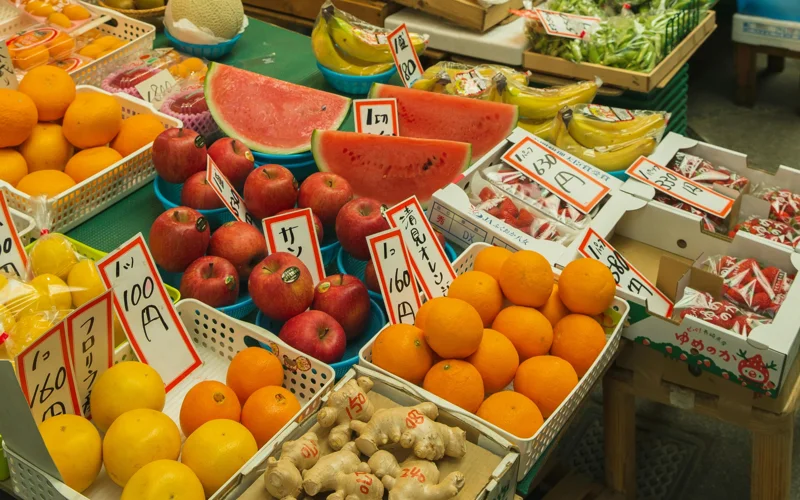Japan's core consumer prices rise 3.7% in May
Japan's core consumer prices in May rose 3.7 percent from a year earlier, marking the biggest increase in more than two years, as rice and other food costs surged, government data showed Friday, Kyodo reports.

The increase in the nationwide consumer price index, excluding volatile fresh food, was the sharpest since January 2023 and followed a 3.5 percent rise in April. The inflation rate has remained at or above the Bank of Japan's 2 percent target since April 2022.
Core-core CPI, which strips away both fresh food and energy to show underlying price trends, was up 3.3 percent in May, accelerating from 3.0 percent in April, the Ministry of Internal Affairs and Communications said.
Food prices, excluding fresh items, increased 7.7 percent, accelerating from a 7.0 percent gain in April, with rice setting a fresh record for the eighth consecutive month with a 101.7 percent jump due to a supply shortage.
Chocolate and coffee bean prices were up 27.1 percent and 28.2 percent, respectively.
Fresh food prices edged down 0.1 percent in the reporting month. Items showing particularly sharp falls included cabbages, which plunged 39.2 percent from a year earlier.
Takeshi Minami, chief economist at the Norinchukin Research Institute, said rice prices, which more than doubled, continued to drive the overall rise in food costs, even as fresh food prices began to stabilize.
"Rice prices are expected to decline when the new harvest enters circulation in the fall, easing their impact on consumer prices," Minami said, adding the upward trend of the staple food's price is likely to persist for several months.
Energy prices climbed 8.1 percent in May, slowing from a 9.3 percent increase in April.
Among other major components, prices for household durable goods climbed 3.8 percent, decelerating from 6.4 percent in April, due partly to weak demand for air conditioners.
Service prices, which the BOJ closely monitors when deciding on monetary policy as they often reflect wage increases, climbed 1.4 percent in May, compared with 1.3 percent in April, led by higher dining out and travel costs.
Previously it was reported that Japan plans to release another 200,000 tons of rice from government stockpiles through direct contracts with retailers.
